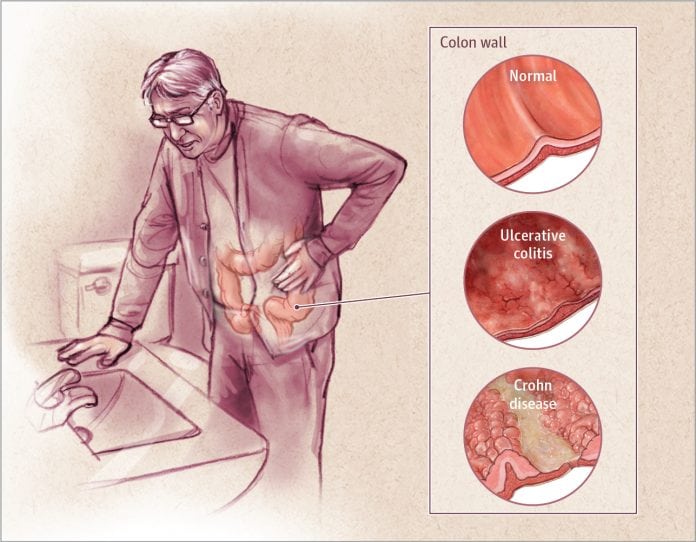
- More than four million people worldwide are affected by ulcerative colitis (UC) and Crohn’s disease (CD) recent studies have shown that it is rising in newly industrialized countries like those in the Middle East to reach 6.3 per 100,000 persons for ulcerative colitis and 5.0 per 100,000 persons for Crohn’s disease xvi.
- IBD is associated with higher rates of anxiety and depression in patients due to the decreased quality of life.
- Those living in urban areas and industrial nations may be more likely to develop UC and CD.
On the occasion of World IBD Day, leading experts in the UAE are raising awareness on the growing incidence of Inflammatory bowel disease (IBD) among communities in the Middle East. Inflammatory bowel disease refers to two disorders, ulcerative colitis (UC) and Crohn’s disease (CD), that involve chronic inflammation of the digestive tract.
In IBD, the normal immune response is overactive in the gastrointestinal (GI) tract within the digestive system. This causes inflammation of the GI tract, which can result in swelling, blockage, and infections. There is no known cause for UC or CD, although many researchers believe that the interaction between genes, the body’s immune system, and environmental factors may play a role. Often diagnosed during young adulthood, UC and CD are debilitating diseases that patients have to manage throughout their lives.,
“Living with these conditions has a major impact on a patient’s physical and emotional wellbeing, and can greatly affect social interactions with family life, work or studies. There are high unmet needs and challenges that people face, especially in managing the disease progression. Gaining further insight into the complex science of these diseases and continuing the development of new treatment options is of critical importance,” said Dr Samir Elawady, Consultant Gastroenterology in United Medical Center in UAE.
Ulcerative colitis impacts only the colon and rectum, which is the large intestine, and is marked by ulcers (open sores). The most common symptoms of UC include abdominal discomfort and blood or pus in diarrhea.xii On the other hand, Crohn’s disease can impact any part of the digestive tract. Common symptoms may include abdominal pain, diarrhoea, rectal bleeding, weight loss, and fever.xi
“At Takeda, we aim to improve the lives of patients with gastrointestinal diseases through the delivery of innovative medicines that target the underlying disease drivers. Our ongoing dedication to advanced research in the field of IBD is rooted in our deep understanding of the challenges that dictate the unique needs for both people living with IBD and the physicians who treat them. Going beyond medicine, we are taking a closer look at the patient experience from various perspectives and working to provide tools for better disease management,” expressed Maged Kamel, Executive Director Medical & Regulatory & QA at Takeda Near East, Middle East & Africa.
When IBD is suspected based on someone’s symptoms and medical history, a series of tests is used to confirm the diagnosis. These tests may include a blood test, stool sample, endoscopic procedure and an imaging procedure. Treatment may take the form of medications, surgery, nutritional supplementation, or a combination of these options. The goals of treatment are to induce remission, prevent disease flare-ups, and improve quality of life.,
Various stakeholders including governments, communities, hospitals and the pharmaceutical industry can play a collaborative role in increasing awareness about IBD in UAE and the region, and become active advocates in improving the lives of people living with ulcerative colitis (UC) and Crohn’s disease (CD).




































